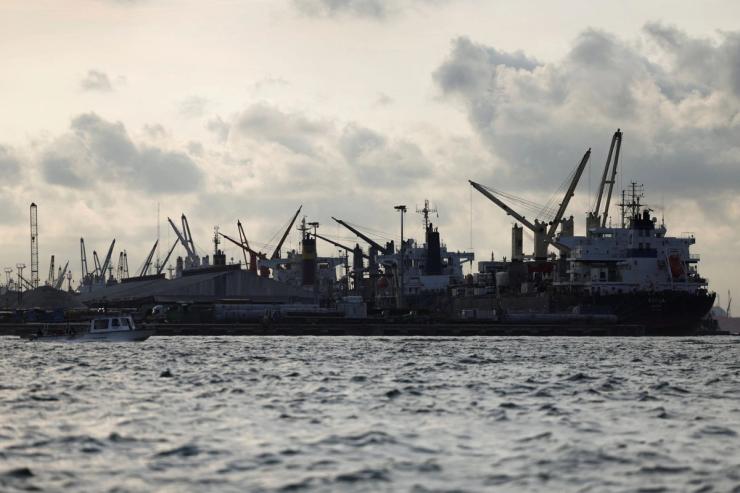The News
Companies operating in Africa’s oil and gas industry are gearing up to tap into a favorable financing environment for the sector encouraged by US President Donald Trump’s investment push away from clean energy.
Heirs Energies, a Nigerian firm owned by mogul Tony Elumelu, plans to double the output of its billion-dollar oil producing facility to 100,000 barrels per day within three to five years, and has started receiving interest from financiers, the company’s chief financial officer Sam Nwanze told Semafor.
“We’ll be looking to raise what we need to hit the new target,” Nwanze said, declining to give a figure. He said there has been “a shift from international lenders wanting to focus once again on upstream oil and gas financing,” thanks to revived interest due to a change in Washington’s stance. Heirs Energies started operating its sole Nigerian oil producing asset in July 2021 after buying stakes held by Shell, ENI and Total.
Such investors have already enabled some big bets in Nigeria with the Dangote Refinery and Mozambique’s LNG projects. But it is still early days, say industry watchers.
“For now it seems like a shift in tone around oil and gas financing more than a very clear trend: that could become more apparent come the new year,” said Clementine Wallop, analyst at Horizon Engage. The financing picture is also changing due to “growing interest from Gulf players and family offices,” and a rise in energy transactions by trading houses in Nigeria and Gabon, she said.
Know More
Africa’s richest man Aliko Dangote announced plans this week to double the capacity of his oil refinery in Lagos to 1.4 million barrels a day. He plans to list up to 10% of the company on the Nigerian stock market and is seeking $5 billion from the African Export-Import Bank.
Nigeria is Africa’s largest oil producer and has historically held great interest for foreign investors in the sector, despite teething problems of vandalism and violence that have turned some international oil companies away in recent years. Shell’s final decision a fortnight ago to invest $2 billion to develop an offshore gas field that will supply 350 million standard cubic feet of gas per day at peak production underscored continued interest in the country’s hydrocarbon industry.
But the wave of expansion plans and investment in African oil and gas is coursing through much smaller and emerging producers on the continent. Senegal, whose decades-old 30,000 barrel-a-day refinery began processing domestically-produced crude oil for the first time in February, will begin building a second refinery next year and aims to raise up to $5 billion for the construction. Investors from China, Turkey and South Korea have shown interest, with the plant expected to open in 2029.
In Mozambique, French multinational TotalEnergies is set to resume the $20 billion liquefied natural gas plant project abandoned in 2021 after a terrorist attack prompted a force majeure from the company. The company however says the project’s cost has risen by $4.5 billion, and that gas shipments — initially slated to begin two years ago — would now begin in 2029.
Step Back
The US government under Joe Biden in 2021 limited investments in fossil fuel projects overseas, choosing to promote clean energy and a transition to net-zero emissions. The legacy of that shift remains today: the $2.2 trillion expected to be invested in renewable energy and low-emissions fuels this year is twice the amount estimated for oil, gas and coal investment, according to the International Energy Agency.
African leaders insisted during the Biden years that the continent must be allowed to tap its hydrocarbon resources for economic development. “We want a fair and equitable energy transition that enables our countries to use their own resources to address their industrialization needs at competitive costs,” former Senegalese President Macky Sall said ahead of the US-Africa Leaders Summit that Biden convened in 2022.
Notable
- African oil and gas financing could get a boost from the proposed launch of the African Energy Bank by the continent’s leading oil producers and Afreximbank.


